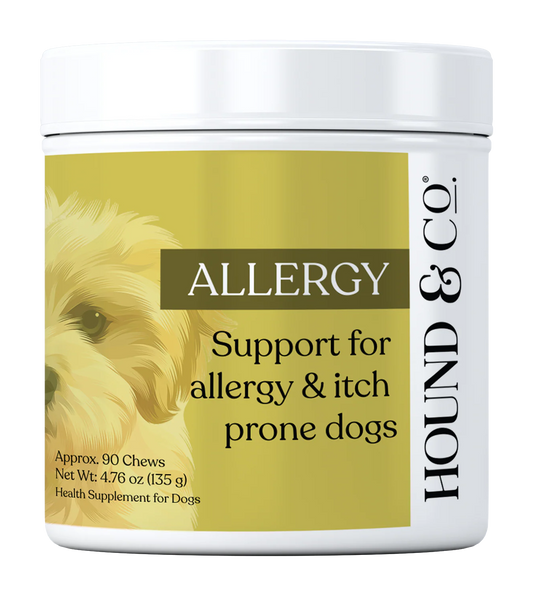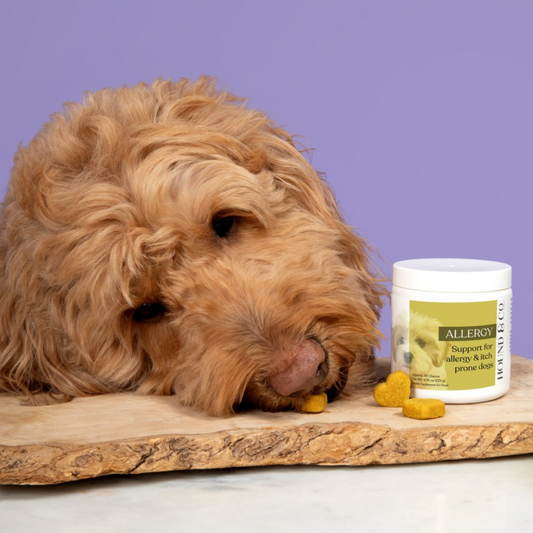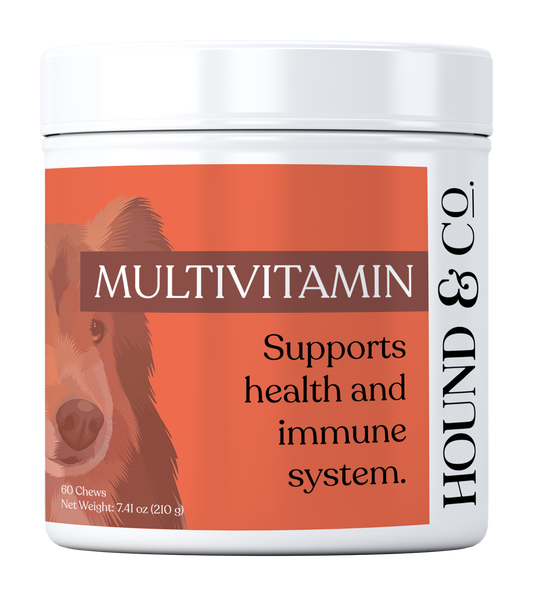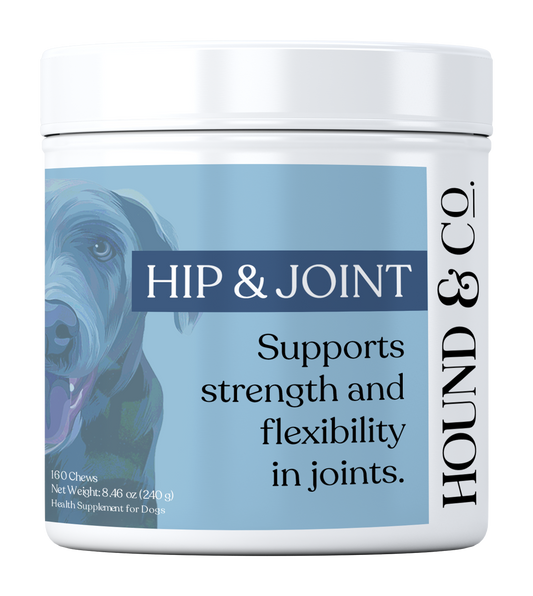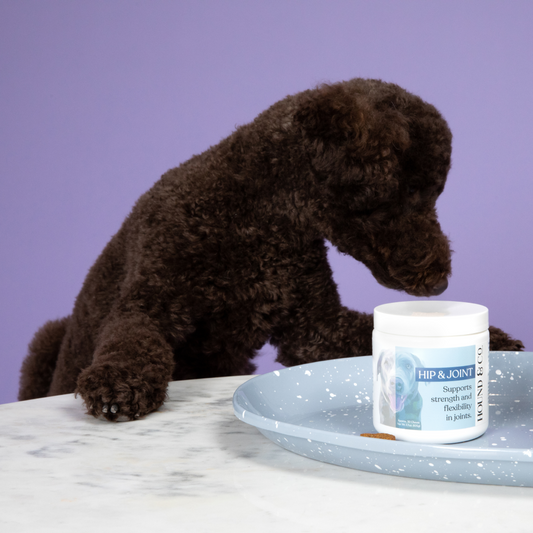Feeding for Relief: Crafting a Diet to Combat Your Dog's Allergies

Vet Reviewed by Dr. Jacob Klos, DVM

Allergies in dogs can be a source of discomfort and distress, but diet can play a significant role in alleviating these symptoms. By carefully selecting and managing your dog's diet, you can help reduce their allergic reactions and improve their overall well-being. Here are some key strategies to craft a diet that combats your dog's allergies effectively.
Identify Food Allergies
The first step in managing your dog's allergies through diet is to identify the specific food allergens. Common food allergens for dogs include beef, chicken, dairy, wheat, soy, and corn. Your veterinarian can perform tests or suggest an elimination diet to pinpoint the allergens affecting your dog.
Opt for Hypoallergenic Foods
Once you know the allergens, switch to hypoallergenic dog foods. These foods are formulated to avoid common allergens and often use novel protein sources such as duck, venison, or fish. They also typically exclude grains, which can be a common trigger for some dogs.
Incorporate Omega-3 Fatty Acids
Omega-3 fatty acids have anti-inflammatory properties that can help reduce itching and skin irritation caused by allergies. You can find omega-3s in supplements or foods like salmon and flaxseed. Including these in your dog's diet can provide significant relief from allergy symptoms.
Add Probiotics
Probiotics support a healthy gut microbiome, which can improve your dog's immune response and reduce allergy symptoms. Look for dog-specific probiotic supplements or foods fortified with probiotics to help manage your dog's allergies from the inside out.
Use Fresh, Whole Ingredients
Feeding your dog a diet of fresh, whole ingredients can minimize exposure to potential allergens found in processed foods. Ingredients like fresh meat, vegetables, and fruits can be a healthier alternative to commercial dog food, as long as they are safe and appropriate for your dog's dietary needs.
Avoid Artificial Additives
Artificial colors, flavors, and preservatives can exacerbate allergy symptoms. Opt for dog foods that are free from these additives and focus on natural, high-quality ingredients. Reading labels carefully and choosing products with minimal processing can help reduce allergic reactions.
Monitor and Adjust Diet as Needed
Every dog is different, and their dietary needs can change over time. Regularly monitor your dog's response to their diet and be prepared to make adjustments if necessary. Consult with your veterinarian to ensure your dog's diet continues to meet their nutritional needs while managing their allergies.
Consult Your Veterinarian
Your veterinarian is a valuable resource in managing your dog's allergies through diet. They can provide guidance on appropriate foods, supplements, and strategies tailored to your dog's specific needs. Regular check-ups and open communication with your vet are essential to effectively combat your dog's allergies.
Conclusion
Crafting a diet to combat your dog's allergies requires careful consideration and monitoring. By identifying food allergens, choosing hypoallergenic foods, incorporating beneficial supplements, and avoiding artificial additives, you can help reduce your dog's allergy symptoms and improve their overall health. Always work closely with your veterinarian to ensure your dog receives the best care possible.







